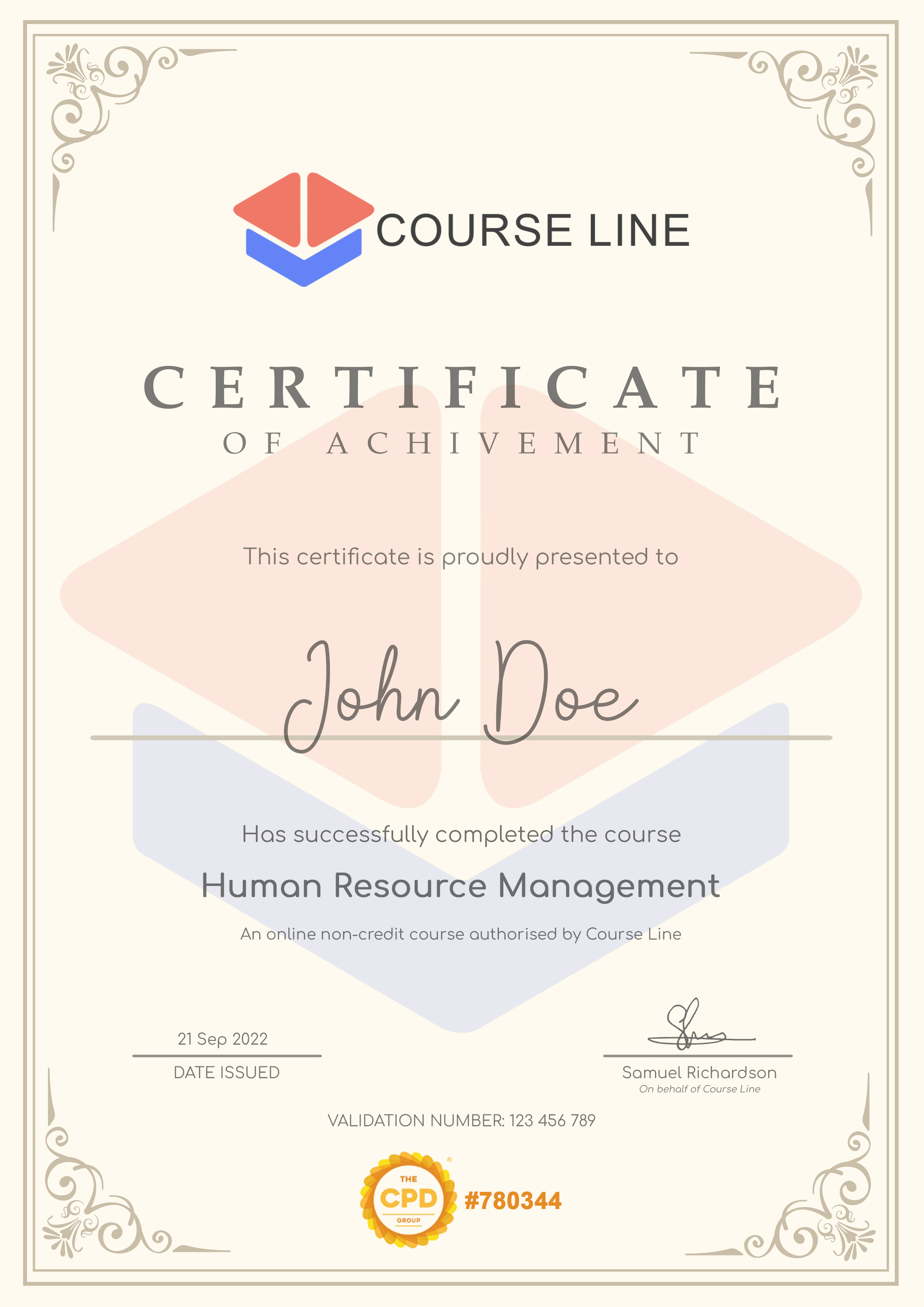- Duration / Course length: Upto 1 Week Start now
- Accredited by: CPD Group
- Certificates:
- Course delivery: This course is delivered in video format
Course details
This comprehensive course is designed to provide you with the essential knowledge and skills required to program CNC milling machines. Whether you're a beginner eager to learn the basics or an experienced machinist looking to enhance your programming abilities, this course will guide you through the fundamental concepts and practical techniques needed to operate a CNC milling machine effectively. Through a series of engaging lectures and hands-on activities, you will gain a solid understanding of CNC technology, tool selection, milling operations, speed and feed calculations, pre-programming considerations, cutting fluid usage, and the G and M code programming languages.Lecture 1: Introduction
In this introductory lecture, you will be introduced to the course curriculum and its objectives. We'll explore the role of CNC milling machines in modern manufacturing and discuss the benefits of using computerized automation for machining operations. You will also gain an understanding of the basic components and functions of a CNC milling machine.
Lecture 2: What and Why We Use CNC
Building upon the introduction, this lecture delves deeper into the concept of computer numerical control (CNC). We will discuss the advantages and applications of CNC milling machines, including increased precision, repeatability, and productivity. Additionally, we will explore the reasons behind transitioning from manual milling methods to CNC technology.
Lecture 3: Tools
In Lecture 3, we will focus on the selection and understanding of various cutting tools used in CNC milling operations. You will learn about different tool types, their geometries, and the factors to consider when choosing the appropriate tool for specific machining tasks. We will also cover tool materials, coatings, and tool life management.
Lecture 4: Operations on Milling Machine
This lecture covers the fundamental milling operations performed on a CNC milling machine. We will discuss concepts such as facing, milling slots, drilling, pocketing, and contouring. You will learn about the different tool paths and machining strategies used to achieve desired outcomes. Practical examples and demonstrations will help you grasp these concepts effectively.
Lecture 5: Speed and Feed
In Lecture 5, we will dive into the critical aspects of speed and feed rate calculations for CNC milling. You will understand the importance of optimizing cutting parameters to achieve efficient material removal while ensuring tool longevity. We will cover concepts such as spindle speed, feed rate, and chip load, and how to calculate them for various milling operations.
Lecture 6: Before Programming
Before diving into programming, it is essential to consider certain factors. In this lecture, we will discuss pre-programming considerations, including machine setup, workpiece and fixture considerations, and safety precautions. Understanding these aspects will help you prepare for effective and successful CNC milling operations.
Lecture 7: Cutting Fluid
The effective use of cutting fluid is vital for achieving optimal machining results. In Lecture 7, we will explore the purpose, types, and application methods of cutting fluids in CNC milling. You will learn about the benefits of cutting fluids in terms of cooling, lubrication, and chip evacuation, and understand how to select and apply the appropriate fluid for different machining scenarios.
Lecture 8: G Code
G code is the programming language used to control CNC machines. In this lecture, we will introduce the fundamentals of G code programming for CNC milling machines. You will learn about G code commands for controlling tool movement, spindle speed, feed rate, and other machine functions. Practical examples and exercises will enhance your understanding of G code programming.
Lecture 9: M Code
Complementing the G code, M code commands are used to control auxiliary machine functions during CNC milling. Lecture 9 focuses on the understanding and application of M code commands. We will cover commands for tool changes, coolant activation, machine startup and shutdown, and other critical functions. Practical exercises will solidify your knowledge of M code programming.
By the end of this course, you will possess a comprehensive understanding of CNC milling machine programming. You will be equipped with the skills needed to select the appropriate tools, perform essential milling operations, calculate speed and feed rates, consider pre-programming factors, apply cutting fluids effectively, and program using G and M codes. Whether you're aiming to pursue a career in machining or simply interested in expanding your knowledge, this course is your gateway to mastering CNC milling machine programming.
Updated on 22 May, 2023
Eligibility / Requirements
- Basic Machining Knowledge
- Computer Literacy
- Access to a CNC Milling Machine
- Software
- Safety Awareness
Job roles this course is suitable for:
CNC Programmer , CNC Operator , Machinist , Manufacturing Engineer , CNC Technician , Quality Control Inspector , Production SupervisorAbout Course Line
With Course Line, you have access to the best courses - all with one consistent interface.
Course Line is affordable and flexible. We offer an extensive library of courses with over 300 hours of video lectures, online exams, test areas, as well as traditional handouts. It's never too late to learn something new with Course Line
Our courses are designed with busy professionals in mind - they are self-paced, start at any time of the year, and can be completed in as little as 3 months.
Courses that fit in your life with Course Line. We offer a variety of learning materials including video and audio lectures, online exams, test areas, as well as traditional handouts - you can choose what works best for you.



